Over the next five weeks, we'll be running a series called "Getting to know the board", publishing blog posts from each member of the Rust Foundation Board of Directors, introducing them to the community. You can view the posts in this series here.
Hello, Rust community! My name is Tyler Mandry, and I’m excited to serve as the project director for quality on the board of the Rust Foundation.
My journey with Rust started about five years ago. I was what you might call a reluctant enthusiast. I love learning new ways of doing things, but I’m also somewhat skeptical of “new tech hype.” At the time, I worked in high-performance computing. Eventually I realized a huge portion of our time was spent chasing down bugs, like segfaults and data races, that were difficult to reproduce and could never have existed in a language like Rust.[1]
Feeling the pain on a daily basis that Rust promised to prevent was what finally got me interested. But what got me hooked – and inspired me to contribute – was the thoughtfulness and openness of the project itself. The technical decisions were all made in the open, and it was plain that everyone cared deeply about making Rust the best it could be. No one knew me in the Rust community, but I was able to join a working group and contribute changes right away.
In 2019 I joined Google to work on the Fuchsia operating system, supporting Rust development, and I began leading the Rust on Fuchsia team in early 2020. I’ve contributed a number of things in my time here like async/await compiler optimizations, mentored work like source-based code coverage, and lead the async foundations working group.
What else should you know about me? Well, when I’m not in front of a computer I’m often on my bike, most likely listening to a podcast. I just began learning to play piano – ask me how that’s going in six months.[2]
The road ahead #
Looking around, it’s becoming clear that Rust will play a big role in how we write software over the next 5-10 years – or more. Reliability, efficiency, and productivity is a combination that will be in demand for a long time to come. I’m extremely excited to see more and more developers learning Rust every day.
I see the establishment of a Rust foundation as a major step forward in the maturity of the project, not unlike what releasing Rust 1.0 meant for the language itself. Starting a foundation makes the project more sustainable and unlocks a lot of new possibilities. I think the next two years will involve “unlearning” all the things we thought we couldn’t do, but now can thanks to dedicated funding.
So, what can the foundation do to improve quality? I have specific ideas, but I think it’s most important that the project first has an accurate, comprehensive, detailed, and up-to-date view of how it’s doing. So this year, I’d like to begin by helping Rust contributors fix blind spots like where there are gaps in documentation and compiler errors, with the ability to measure changes over time. Another thing we don’t monitor is how compiled code actually performs; the compiler team has wanted this for a long time, and the Foundation could help make it happen. Finally, it’d be nice to have more visibility into changes in dependencies, like LLVM and system runtime libraries, and how that could affect our pace of development.
This is certainly ambitious, and I don’t expect it all to happen overnight. But I think the project will benefit greatly from making more informed decisions, and I hope this will allow Rust to continue the impressive trajectory it’s had so far.
It’s been a joy to work on Rust, and I get the sense that we’re all just getting started. I’m looking forward to what the Rust project, including the foundation, will do in 2021 and beyond. I hope you are too.
[1]: That’s not to say that the language we were using at the time caused the problems, just that it failed to prevent them! [2]: And in a year, but that seems too distant to motivate me today. This is the biggest accountability stunt I’ve pulled by far.
